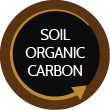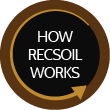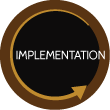RECSOIL: Recarbonization of Global Agricultural Soils
There is a collective call from all corners of the world to decarbonize the economy. Our response is to recarbonize global agricultural soils!
What is RECSOIL?
RECSOIL is a mechanism for scaling up sustainable soil management (SSM) with a focus on increasing soil organic carbon (SOC) and improving overall soil health. The priorities are to: a) prevent future SOC losses and increase SOC stocks; b) improve farmers' incomes; and c) contribute to food security. RECSOIL focuses on agricultural and degraded soils. The mechanism supports the provision of incentives for farmers who agree to implement good practices.
The RECSOIL initiative aims to materialize the global win–win potential of soil organic carbon (SOC) sequestration, bringing together private and public organizations, scientific institutions, local communities, and farmers.
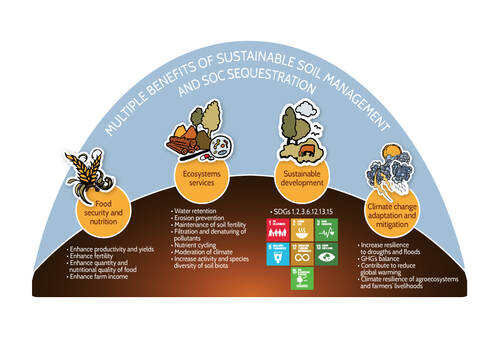
Why?
Soils constitute the main terrestrial carbon pool, storing about 694 petagrams of carbon in the top 30 cm. Yet, due to unsustainable management, cultivated lands have lost 50 to 70 percent of their original carbon stocks. Loss of SOC contributes to climate change and threatens soil functions. By reversing this trend, our soils could instead sequester carbon. The growing need for climate change mitigation presents a unique opportunity for agriculture to be part of the solution while implementing practices that improve long-term food security and resilience.
RECSOIL Goals
RECSOIL seeks to tackle the remaining barrier to up-scaling soil carbon sequestration by implementing sustainable soil management (SSM) practices across the globe. The goal is to:
- Prevent future soil organic carbon losses and increase current carbon stocks.
- Improve farmers' livelihoods.
- Contribute to food security and sustainable development.
Recarbonization of Global Agricultural Soils through the RECSOIL Initiative
The Recarbonization of Global Agricultural Soils (RECSOIL) initative seeks to protect and increase the treasure beneath our feet – soil organic carbon. As a key indicator of soil health, soil carbon can be increased through sustainable soil management. RECSOIL creates an enabling environment at a national level and empowers individual farmers to adopt sustainable practices that increase soil health, resilience to climate change, food security, and livelihoods.
Where is RECSOIL implemented and who are we partnering with?
In this map, you can see the status of current RECSOIL projects and our partners for each implementation.
| GLOBAL OVERVIEW | Number |
| Number of participating farmers | 172 |
| Total hectares | 935 |
| Annual SOC sequestration potential (tCO2e) | 1107 |
RECSOIL partners with national and local governments, soil laboratories, farmer organizations, farmers, and other actors across the agricultural sector to mobilize carbon sequestration through sustainable soil management.
Are you interested in collaborating with the RECSOIL initiative in your country? Please fill in this form.
Should you, or have questions about the project?, Please get in touch at [email protected].
Let's work together to bring carbon back into the soil and build a more resilient food system!
Latest Stories
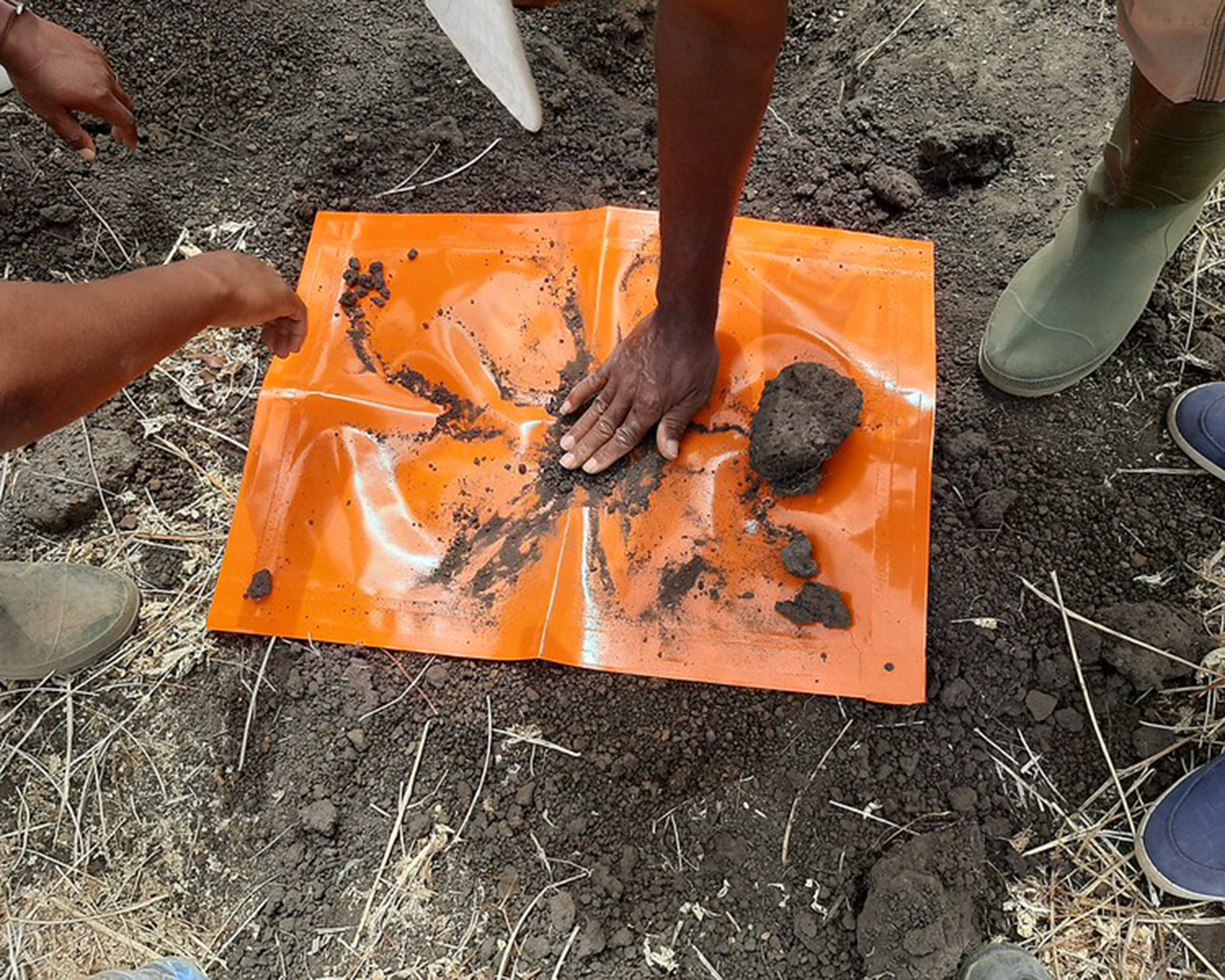
A step towards soil recarbonization in Togo: the first in-person RECSOIL training completed
04/05/2023
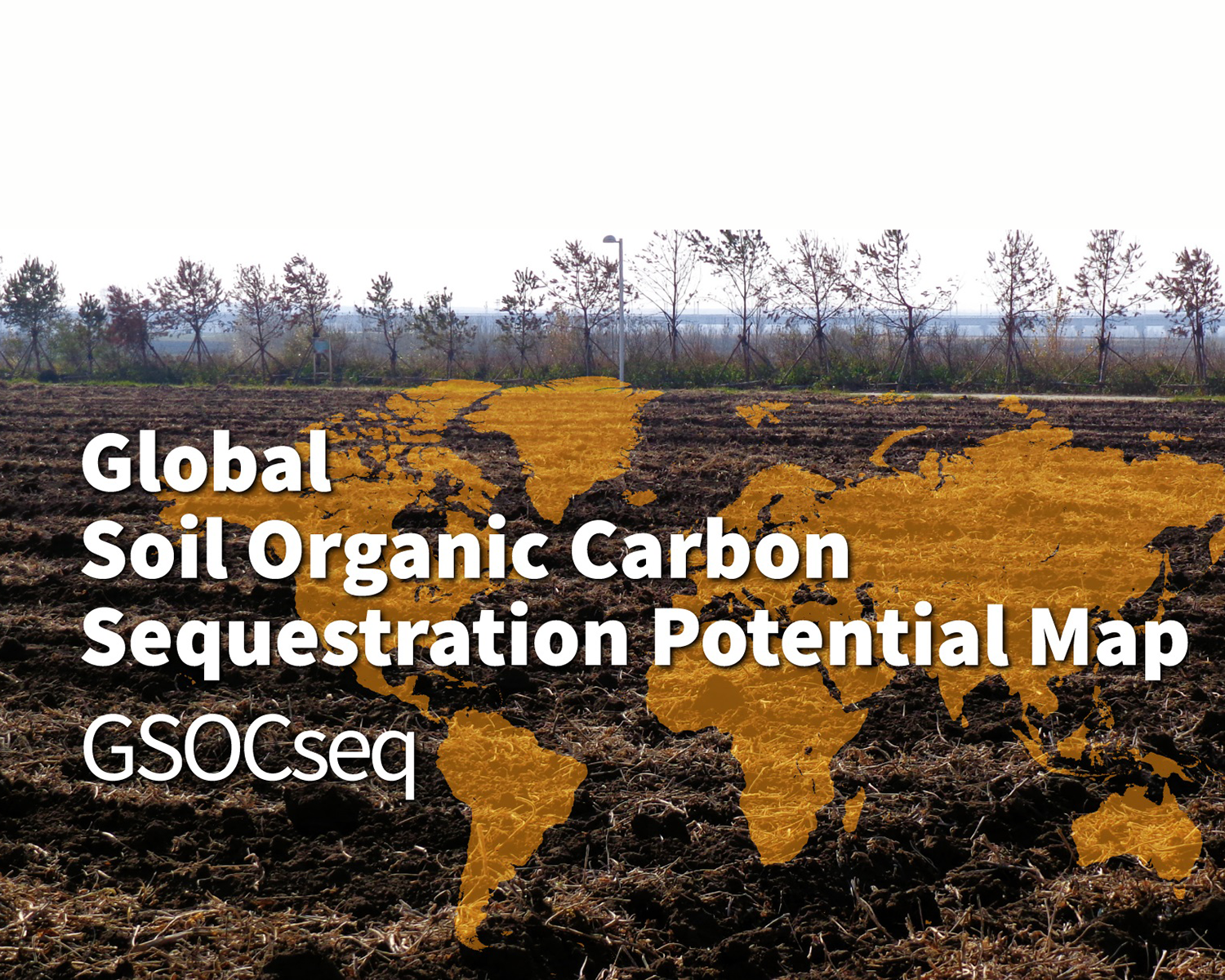
Regional Global Soil Organic Carbon Sequestration (GSOCseq) trainings are starting!
18/11/2020
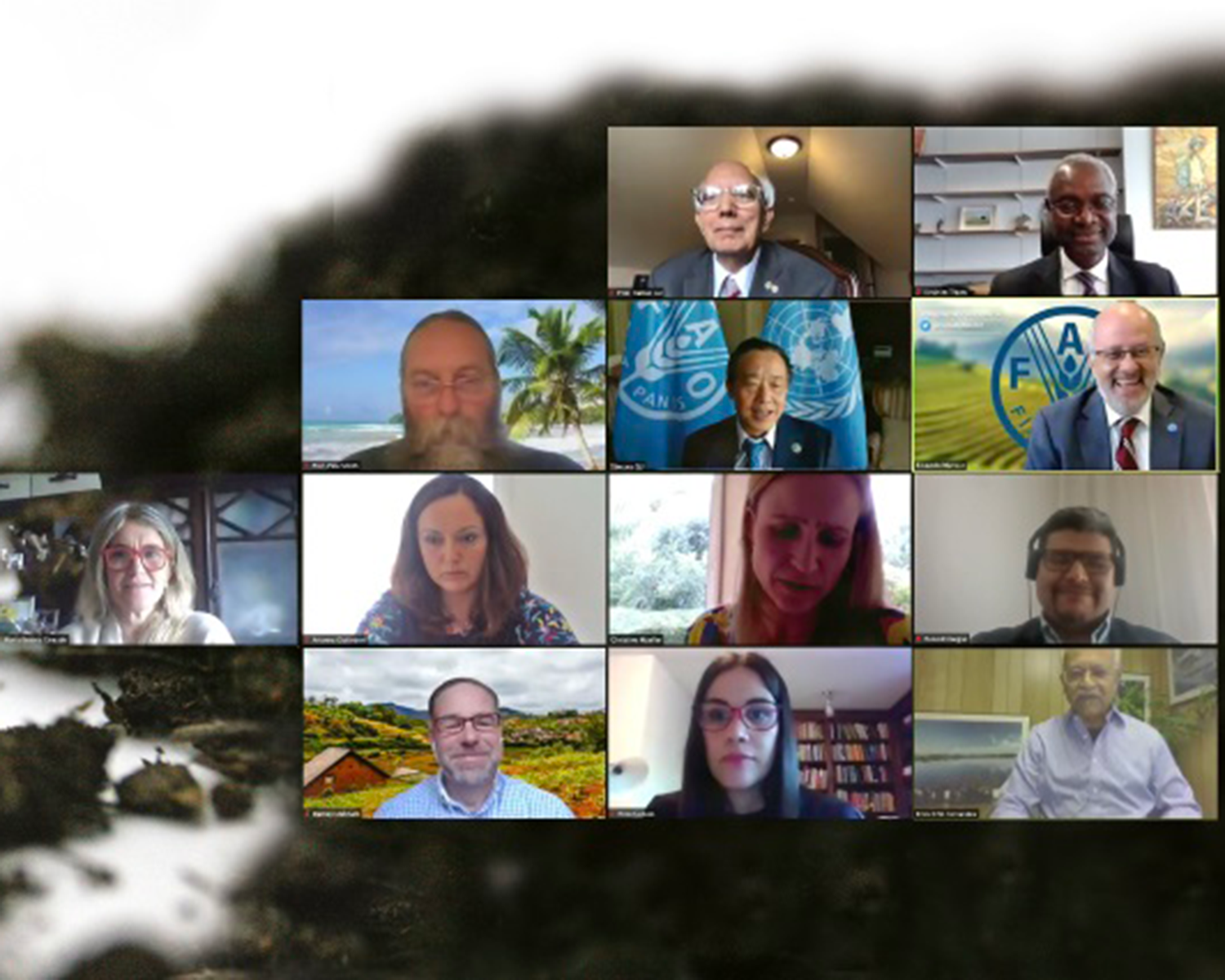
FAO Director-General calls for new approach to stop soil loss on World Day to Combat Desertification and Drought 2020
18/06/2020
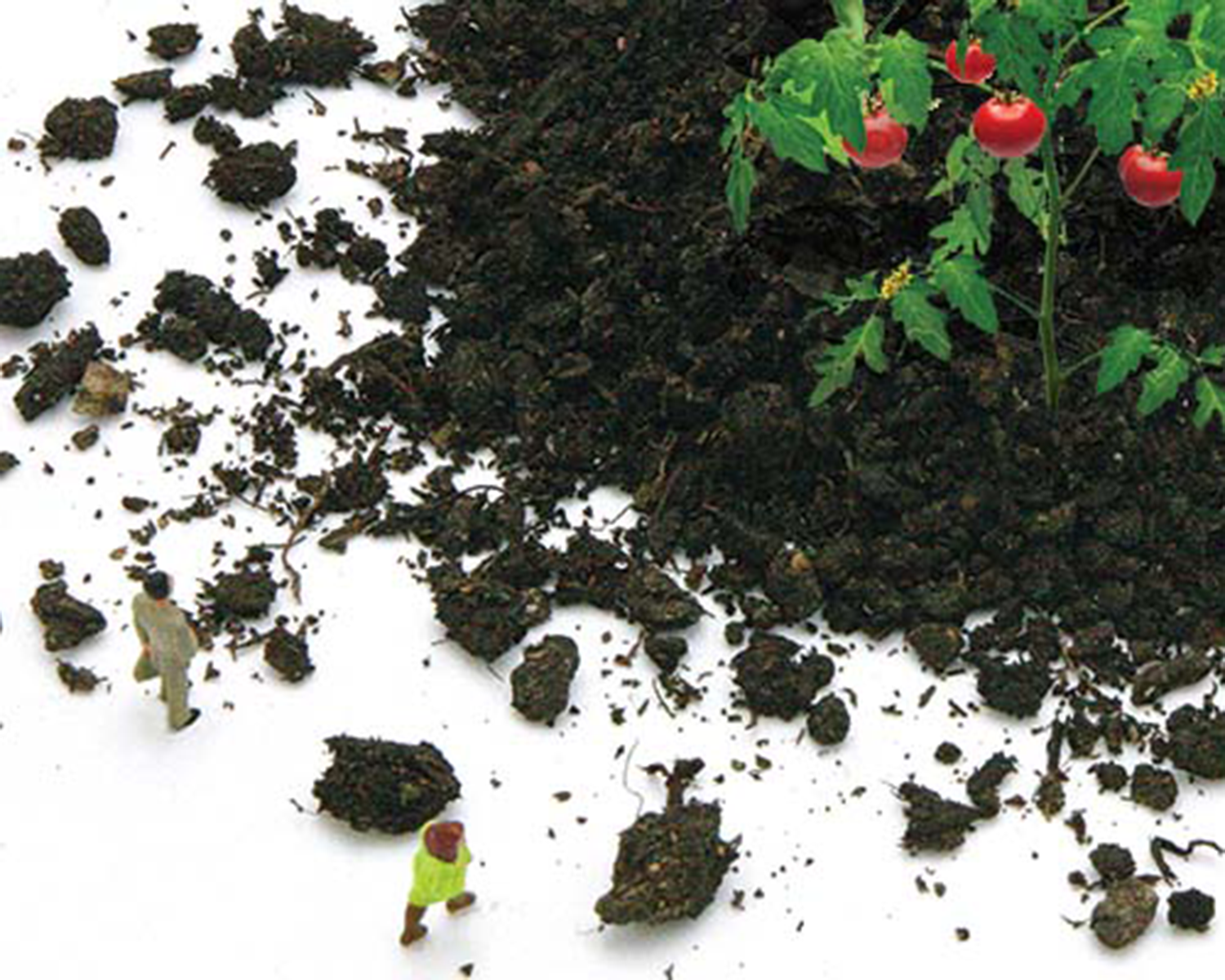
RECSOIL: RECARBONIZATION OF GLOBAL SOILS - ONLINE SEMINAR
16/04/2020
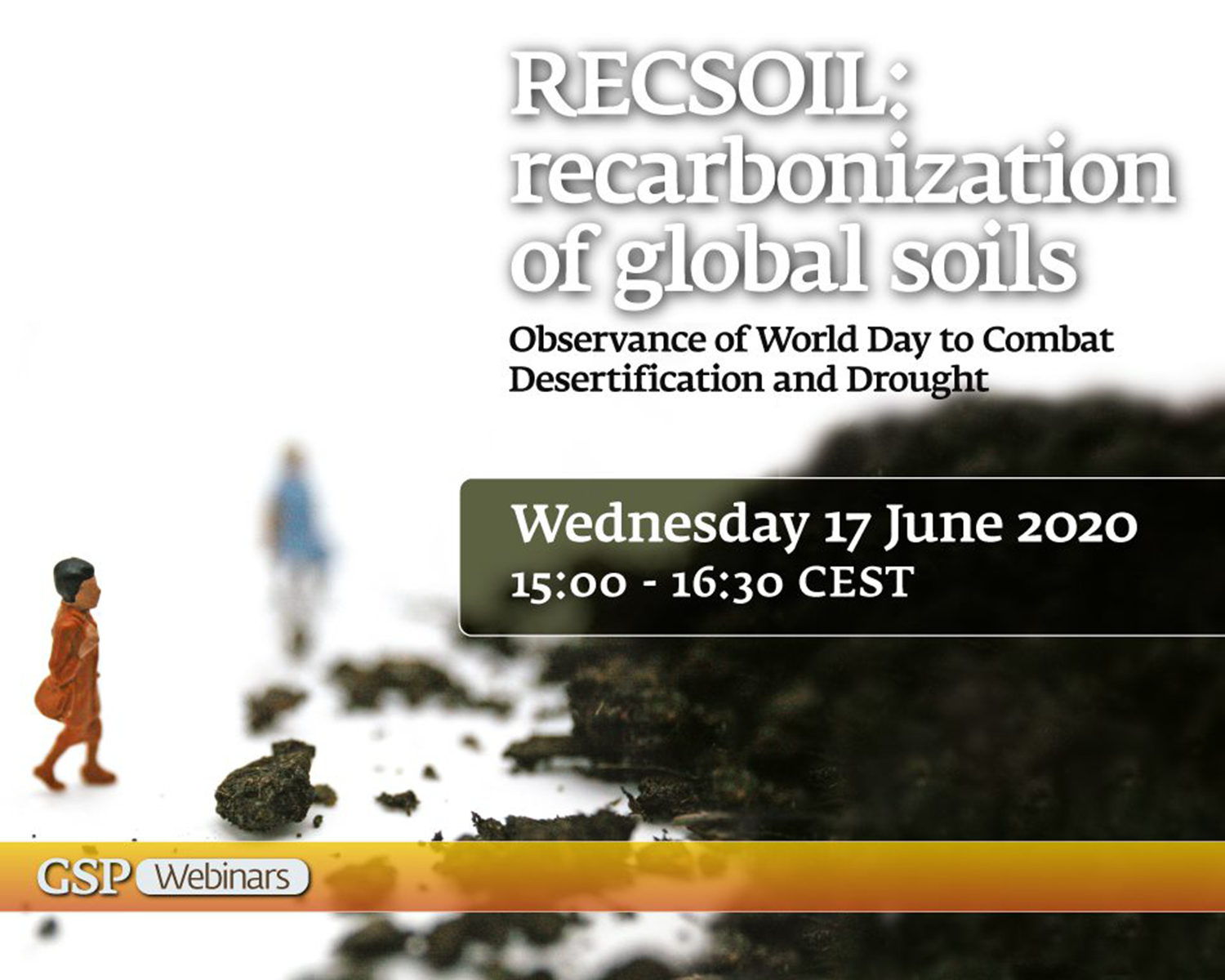
RECSOIL: recarbonization of global soils
GSP WEBINAR ON RECSOIL: RECARBONIZATION OF GLOBAL
10/07/2019


